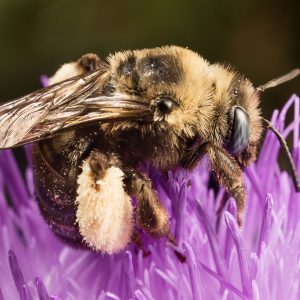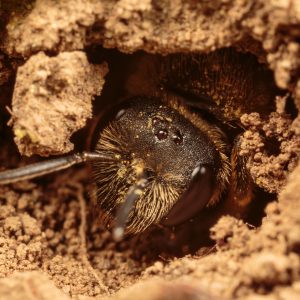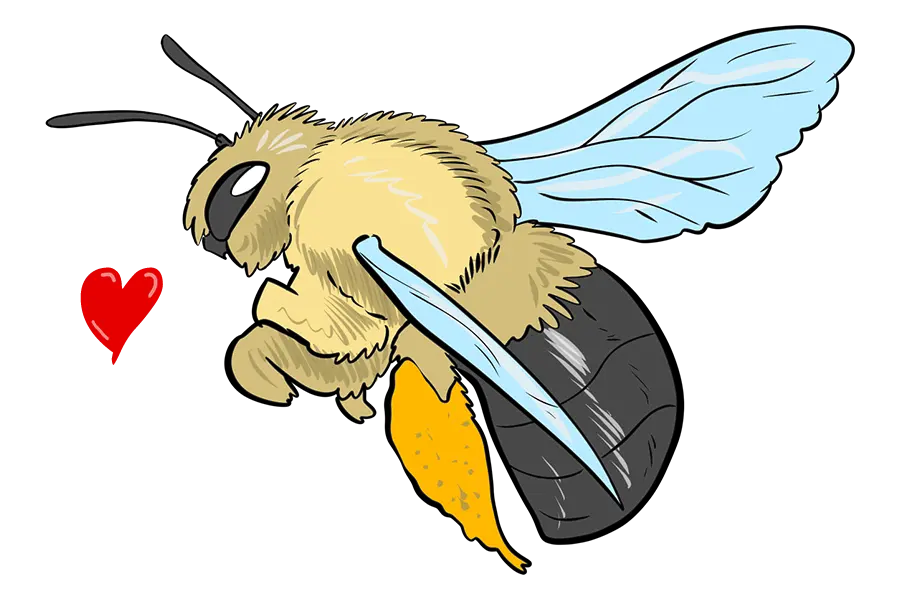 A certain class of insecticides known as neonicotinoids (neonics for short) are known to be particularly detrimental to bee health. At this point, the science is strong showing the field-realistic effects (both acute and chronic) of these insecticides on a variety of bees including honey bees, bumble bees, and other wild bees. We are losing many valuable pollinators by continuing to apply these pesticides indiscriminately.
A certain class of insecticides known as neonicotinoids (neonics for short) are known to be particularly detrimental to bee health. At this point, the science is strong showing the field-realistic effects (both acute and chronic) of these insecticides on a variety of bees including honey bees, bumble bees, and other wild bees. We are losing many valuable pollinators by continuing to apply these pesticides indiscriminately.
Agriculturally, these are used prophylactically, meaning they are applied even when no pests may be present. They are also systemic pesticides, often applied as seed coatings, making their way into all parts of the plant (nectar and pollen included). Note that these insecticides are often used by homeowners as well as farmers, and even “bee-friendly” plants you buy at nurseries may be pre-treated. Avoid these pesticides by buying only certified organic seeds and plants.
One of the biggest issues with pesticides is that they compromise bee health at a time when our pollinators are already suffering from so many stressors. Once flower-rich, diverse prairies and meadows have been transformed into sterile monocultures soaked in a variety of agrochemicals. So often, pesticides are mixed (in “tank mixes”) so that many can be applied at once, however the safety of these (to the extent we even have proper safety information) is only ever assessed one chemical at a time. Chemically, these things react, most often forming even more toxic substances (for example, fungicides greatly increase the toxicity of other insecticides applied with them).
 Like any creature, bees benefit from a diverse diet, and they have certain habitat needs in order to complete their life cycles. Honey bees live in hives typically tens of thousands strong, most often having their needs taken care of by beekeepers. Even so, beekeepers are struggling to keep them healthy in ever-more degraded environments.
Like any creature, bees benefit from a diverse diet, and they have certain habitat needs in order to complete their life cycles. Honey bees live in hives typically tens of thousands strong, most often having their needs taken care of by beekeepers. Even so, beekeepers are struggling to keep them healthy in ever-more degraded environments.
The majority of our bees are native bees, which so often receive no help at all (instead facing a constant onslaught of environmental stressors). Bumble bees and solitary ground-nesting bees are essential pollinators that are particularly impacted by these and other pesticides (even more so than honey bees in field studies). It is vital we do all we can to help these unsung pollinators in their struggle, by providing them high quality food and safe places to call home.
Posted April 24th, 2015 • Updated • By Elise Fog

